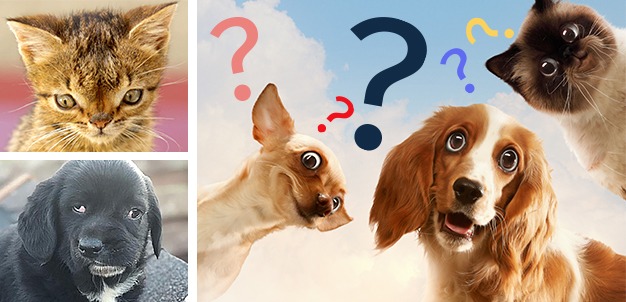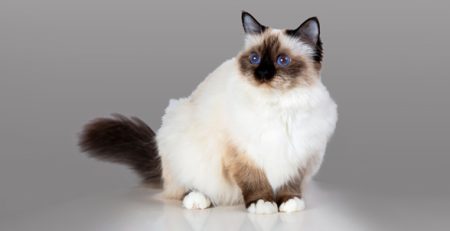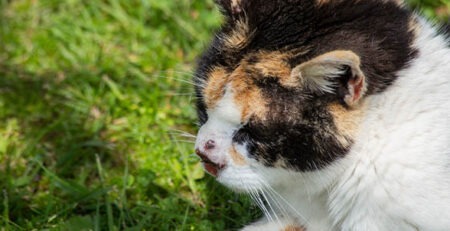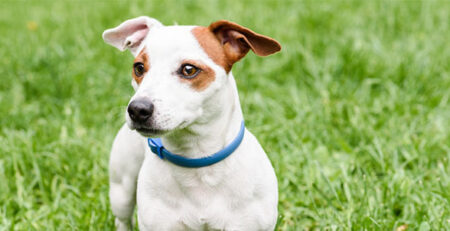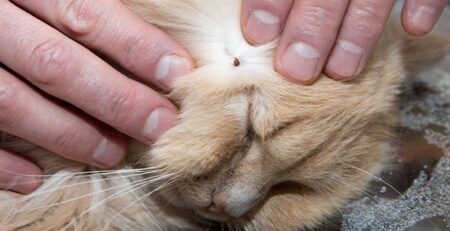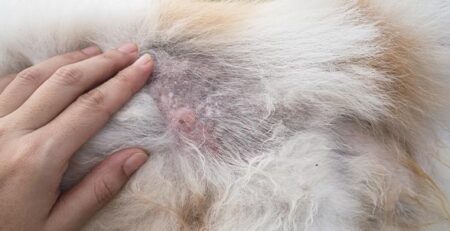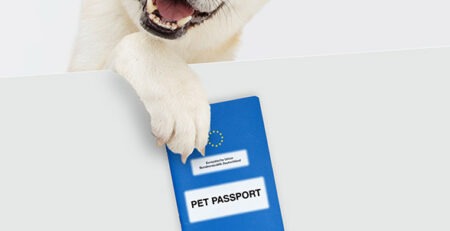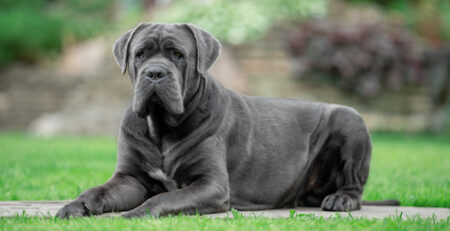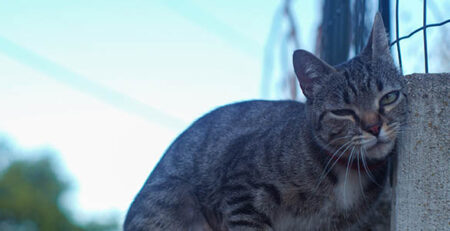Table of Contents
Animals with Down syndrome: what’s concrete?
If you have read news stories on the Internet about dogs and cats with Down syndrome accompanied by photos with features reminiscent of this disease, know that at the origin of these somatic features may be a deformity, disease or genetic alteration but certainly NOT Down syndrome.
Down syndrome is a chromosomal disorder consisting of an abnormality in the number and structure of chromosomes.
Specifically, it is a genetic condition characterized by the presence of an extra chromosome in the cells of the carrier.
What are chromosomes?
Chromosomes are structures formed by DNA and proteins found in the nucleus of animal and plant cells.
They contain and carry all the genetic information of every organism.
Each species has a well-defined number of chromosomes
Humans possess 23 pairs of chromosomes for a total of 46.
The cells of people with Down syndrome have an extra chromosome in their nucleus, 47 chromosomes instead of 46.
This is an extra chromosome type 21, so the alteration is also known as trisomy 21.
In contrast, dogs have 39 pairs of chromosomes and cats have 38.
The genetic makeup of dogs and cats is distributed differently than that of humans
Because, therefore, the chromosome structure of cats and dogs is so different from that of humans, it is impossible for them to suffer from the same mutations typical of Down syndrome.
Only in nonhuman primates, with whom we share 98 percent of genetic information, has a similar syndrome been found, but not in other species.
Down syndrome is a uniquely human disease however…
It is possible that animals also suffer from chromosomal trisomies of some kind that then result in cognitive and physiological problems and difficulties or anatomical alterations.
In very rare cases, several multigenic abnormalities in animals combine giving rise to symptomatology overlapping with Down syndrome in humans.
What diseases give rise to conditions in dogs similar to Down syndrome in humans?
Here they are:
- Congenital hypothyroidism;
- Pituitary dwarfism;
- Growth hormone deficiency;
- Portosystemic shunt;
- Congenital hydrocephalus.
These can be compounded by other complications, congenital or secondary, which can aggravate the animal’s clinical picture.
The trisomy of male tricolored cats
It is well known that tricolored bob cats or tortoise scales are all female. Or almost.
Rarely, we can have what is called Klinefelter syndrome, a form of genetic abnormality also known as trisomy.
This is obviously a different type of trisomy than that which characterizes Down syndrome.
Like us humans, cats also have two chromosomes that determine sex.
A male cat has XY chromosomes, while a female cat has XX chromosomes.
Individuals with Klinefelter syndrome have one more X chromosome than normal: they are basically XYX.
The special feature of these XXY cats with trisomy, however, is that they are infertile.
In the case of infertility but not only, it is always a good idea to have your pet undergo periodic checkups to assess its health and well-being.
In this regard, we would like to remind you that Clinica La Veterinaria is always open daily h24 including holidays and with First Aid service from 8 pm to 8 am.
For the joy of seeing them HAPPY

